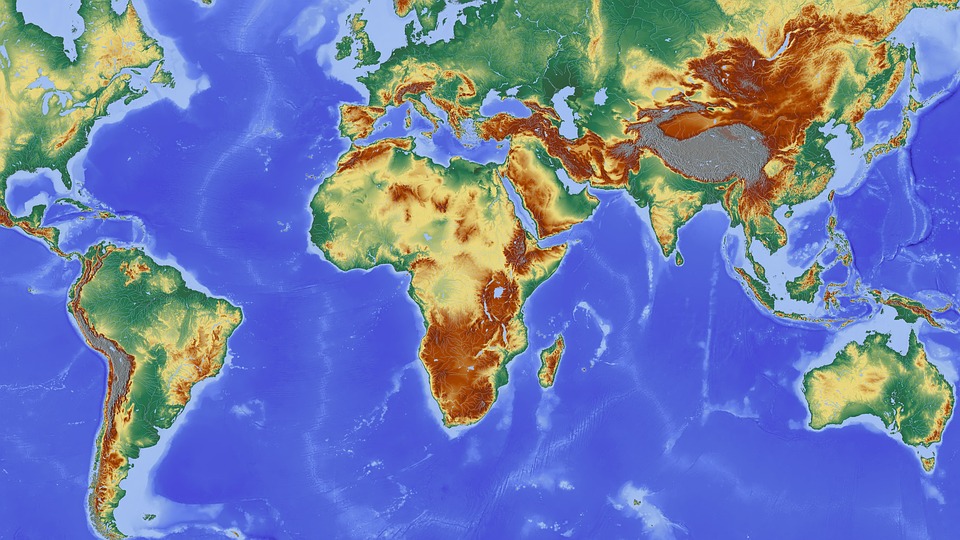Taking Advantage of the Acceleration of AfCFTA to Boost Girls and Women’s Education in Africa
The African Union International Centre for Girls and Women’s Education in Africa (African Union CIEFFA) has convened the 7th High-Level Dialogue with discussions centered around “Leveraging the AfCFTA to foster Girls and Women’s Education and Skill Development for Entrepreneurship Opportunities” on the margins of the 36th Heads of State and Government Summit. The meeting, which was attended by Ministers from AU Member States, experts, youth representatives, and international partners from around the continent, took place at the AUC Headquarters in Addis Ababa.
The gathering is part of the African Union CIEFFA’s strategies to provide Member States with policy frameworks, gender-sensitive strategies, and programs that address the gender gaps and weaknesses in girls and women’s education. The meeting was co-organized with UNAIDS and the Republic of Sierra Leone and had as objectives: To share the experience of Member States on their existing policies promoting skills development and STEAM education within the Continental Campaign #AfricaEducatesHer; to discuss how the successful implementation of the AfCFTA could advance gender parity in education and women’s economic empowerment in Africa; and to promote gender mainstreaming in the implementation of the AfCFTA national strategies.
While opening the ceremony, H.E Prof. Mohammed Belhocine, Commissioner of the department of Education, Science, Technology and Innovation at the African Union Commission, highlighted the fact that, “The empowerment of African girls and women should then comprise of education and training systems that carry these as fundamental components to fuel the social, economic and political spheres of human development. It is equally imperative to create equal opportunities for girls and women in economic growth through small and medium enterprise businesses or the private sector.”
The meeting was equally a platform for the representatives of the Member States like Ghana, Rwanda, Burundi, Sierra Leone, Niger, Central African Republic and Uganda to share their experiences whilst bringing out the state, challenges, and possible solutions of girls’ education in their respective countries.
Education experts expounded on the importance of including all actors, especially teachers in our efforts to achieve gender equality in education, “it is essential to add the role of teachers, which is rarely mentioned”, Quentin Wodon, Director UNESCO-IICBA to the AU. Marie Providence Mugangu from the Secretariat of the AfCFTA asserted, “Trade promotes quality education and builds capacity and quality education promotes trade.”

